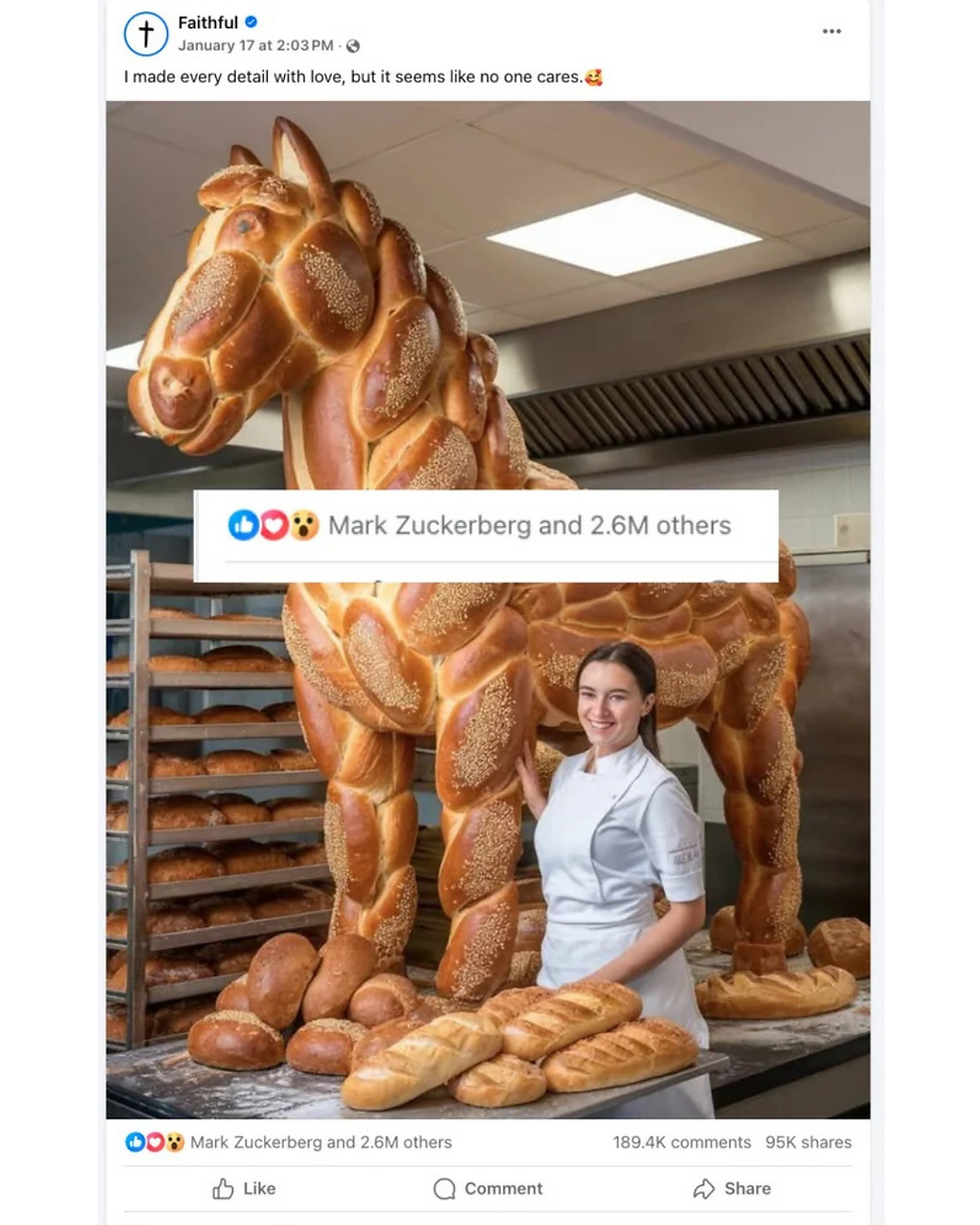Social media the ultimate time capsule
- Tatum Spurck

- Feb 23, 2022
- 4 min read
Earlier today I was mindlessly scrolling on Instagram, as I so often do (and arguably am conditioned to do), and had an epiphany of sorts. I realized that Instagram, Facebook, and the other non-Zuckerberg owned platforms act as a sort of digital time capsule. Of course, this is not an original thought. I think it is common knowledge that we post images of significant moments in our lives to commemorate them (and to help them not get lost in the vast collection of screenshots, pictures of receipts, and memes that are our camera rolls).

However, as social media becomes further and further embedded in our day-to-day lives, our engagement with these platforms extends beyond sharing images from birthdays and anniversaries, drooling over a slice of avocado toast, or reposting a hilarious video of your parent being a boomer. Now, due to certain new features, as well as a general shift in society’s relationship to social media, these platforms capture our more intimate moments, and provide a more holistic, less surface-level look at an individual that will never expire.
In terms of features, the direct message/call option on all of the different platforms grants users the ability to forever record interactions ranging from catch-ups with friends and family, the beginning of great loves (see one’s “Blocked users” list to see the fall of these same loves), and important networking opportunities. This feature allows one to scroll through their old messages and reminisce on these conversations, and see the development of certain relationships through the years.
Additionally, the story feature creates a dynamic in which users can share the fleeting moments of life that they may not deem worthy of an actual post, which aids in holding on to all of life’s moments, no matter how small. With a conventional time capsule, one is limited by the space of the container, and thus are more selective with what they choose to encapsulate. The digital time capsules that are social media are only limited by the extent to which one uses these platforms and chooses to share their life.
These features change the way we understand, and therefore engage with, social media. The result of this is an evolved relationship with the various platforms that result in a new, unique look at our lives for years to come. For instance, society is increasingly using Twitter as a place to engage with politics, more so than any other generation. This new use of the platform allows one to have a literal timeline of their political outlooks, as well as society’s.
Furthermore, social media has become a place for artistic expression through the use of filters and the increasing demand for a visually cohesive digital presence. This enables one to capture their own aesthetic inclinations through the years. (I, for instance, enjoyed a heavy grain filter in 2019, which I can’t help but cringe at now, and white borders in 2014. What was the point?)
The culmination of these interactions with social media creates a time capsule that extends far beyond baseballs game tickets and wedding bouquets. From our witty exchanges and hot takes to our go-to coffee order in 2018, the most minute details of our life can be etched in our social media presence, which have become our own personal histories, allowing us opportunities for reflection on most all aspect of our lives. And because these memories are digital, and are therefore encoded and secured by the reassurance of the ominous cloud, they adopt an eternal quality that is reassuring in a world that is so quickly transforming.
Beyond social media providing the ultimate longevity, it also allows individuals to create a time capsule that is continuous and not limited by time. When one creates a physical time capsule, there is a point in which one stops including additional memorabilia. With social media, a certain continuity exists because of the proximity to our phones, and by extension, these platforms. And so, we continue to post, tweet, and add to our stories, inadvertently (or advertently) creating a record that is not confined to a specific period of time.
All of this is not to say that tangible items no longer hold value in modern times and that our society is headed toward a collective enlightenment in which individuals rid themselves of material possessions in favor of the immaterial. In fact, I would say societies around the world are becoming increasingly materialistic. Remember Bhad Baby’s song Gucci Flip Flops? However, I believe this new practice of digital record keeping is a statement of society moving away from tangible tokens of memory.
Here is an example: I once received flowers, a beautiful bouquet of peonies. Rather than pressing them in a book once they began to wilt, I snapped a final photo, uploaded it to my Instagram story, and not-so-ceremoniously tossed the flowers in the trash. The memory of how special I felt when I received them now exists in this photo, rather than in the flowers themselves, demonstrating that an object can still be valuable to an individual without needing to keep the thing itself.
Many may see this as a decline in sentimentality. But rather, I think that honoring our special moments through digital means is simply using the technology of our time in a way that it was intended. Who knows, maybe if Oscar Wilde had an iPhone he would have sent Lord Alfred Douglas the world’s most romantic text message, or Frida Kahlo would have begged for Diego Rivera’s love in the DMs.
Using social media or other digital methods to save and reflect on one’s memories does not make them less meaningful, and it doesn’t make individuals who choose to do this less sentimental. Because we continue to take and post pictures, we know that nothing is so meaningless that it shouldn’t be captured and preserved for all eternity.










Comments